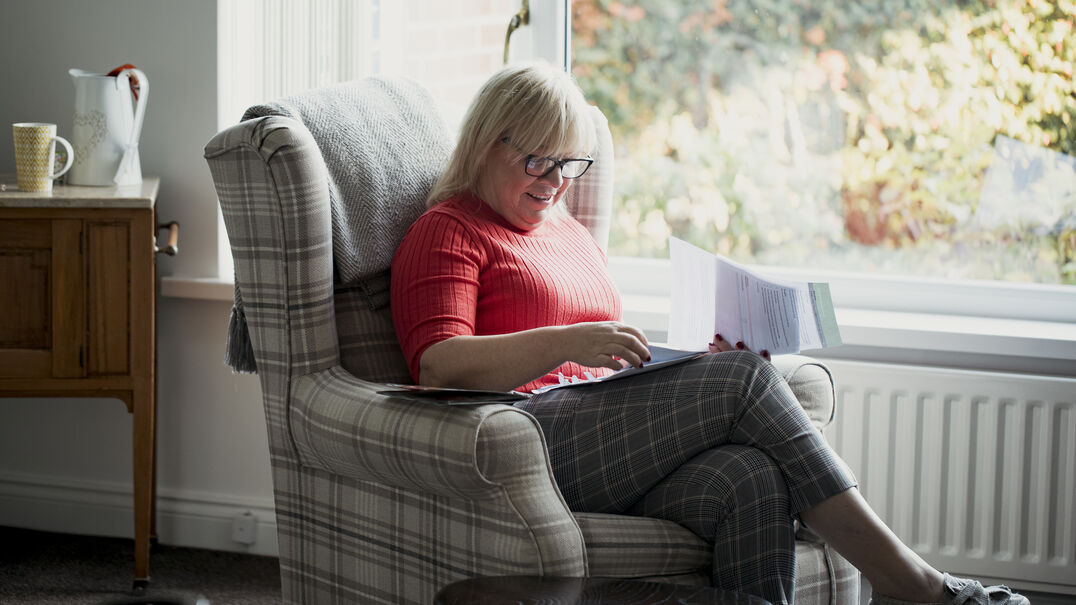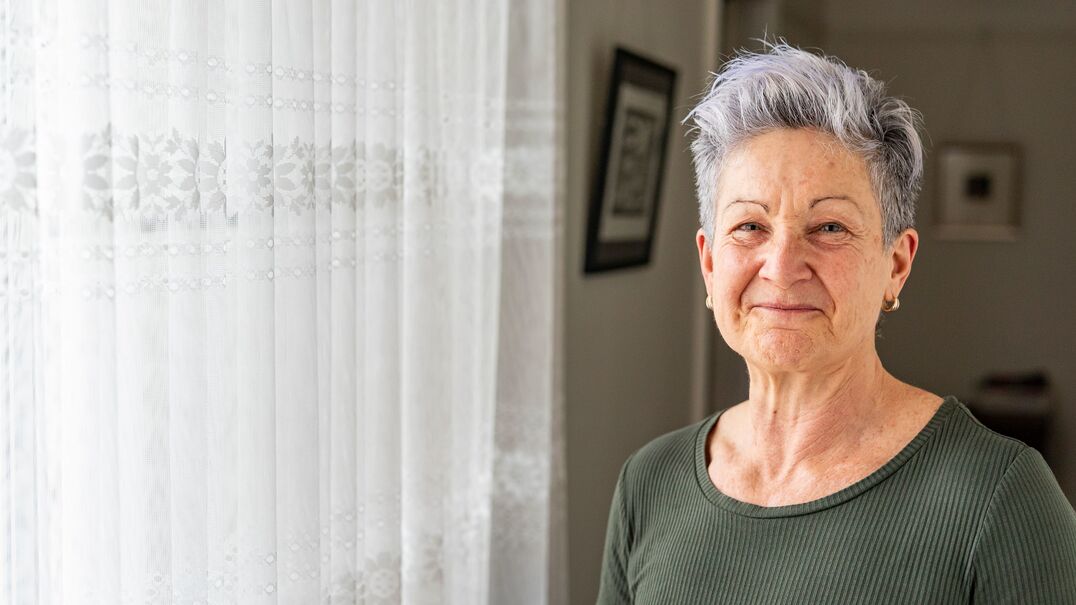If something has happened to someone you care about, it is important to find out the best way to support them. You also need to know the best way to manage the impacts on your own life and well-being.
Our counsellors can give advice about supporting someone else, and managing the impacts on you.
On this page
Responding with compassion
When someone tells you that they have experienced violence or abuse, your response is critical to their recovery and decisions about what to do next.
Responding with compassion is the key. There are three things which a person who has been impacted should hear:
- "I believe you"
- "It was not your fault"
- "You are not alone"
The words you use to convey these messages are up to you and you know best how to express them for yourself.
Additional considerations
- ASK the person what they want you to do.
- Don't judge them if they choose not to take the action you think it best. It's their decision. They are the experts in their own lives.
- Consider whether you should document what they've said. Have you asked if it is okay for you to do so? Have you thought about how and where you will store it to keep their privacy?
- Some jobs require you to report disclosures of sexual, domestic and family violence. Find out your state's mandatory reporting guidelines.
- Remember - the decision about what to do is always with the person who has experienced violence or abuse.
It's important to remember the person needs:
- A compassionate response where they are heard and believed
- To have control over the process as far as possible
- Not to have to repeat their story to multiple people
- Transparent information about the processes that will be followed when they disclose it
- Information about whether their disclosure will be kept confidential. If this isn't possible, information about who will it be shared with and for what purpose.
Do’s and don’ts
When somebody discloses violence:
Do:
- Listen
- Let them express how they feel
- Let them cry if they want to
- Encourage them
- Explain what you can do
- Ask them what they want to do, and accept their decisions
Don't:
- Tell them what to do and 'take over'
- Ask 'why' questions like 'why don't you leave?'
- Get angry on their behalf
- Assume you know how they feel
- Dismiss them if their story 'doesn't add up'
Secondary or vicarious trauma
Hearing someone's story of trauma can be challenging and may have an impact on you. Anyone who is exposed to the trauma of others is at risk of experiencing vicarious trauma.
Vicarious trauma is the impact on someone's central psychological needs and world view when they hear stories of trauma.
Workers who hear or read about trauma such as sexual assault or family violence are at risk of vicarious trauma as well as supporters of people who have experienced violence.
This can be scary but there are things you can do to take care of yourself.
What is self-care?
Self care means deliberate activities and behaviours which reduce stress and enhance (or maintain) well-being.
This is especially important if you regularly hear stories about sexual assault or domestic violence in the course of your work.
Remember, self-care is selfless! It takes a lot of energy and strength to support someone who has experienced trauma, taking care of yourself will help you take care of them.
There are two types of self-care:
- Day-to-day self-care (whatever makes you happy!)
- Vicarious trauma self-care (specific and targeted to offset the impacts of vicarious trauma).
Both are very important.
So, when it comes to offsetting the impacts of vicarious trauma, what works?
- Exercise can assist to reduce stress levels, improve concentration, increase energy and fitness.
- Deep breathing can induce calmness and relaxation.
- Massage, meditation, and mindfulness can improve mood, improve sleep quality, and reduce stress.
- Relaxation therapy can help reduce somatic symptoms (such as headaches and pains).
- Engaging in activities that one enjoys, laughing, and spending time with loved ones can help you feel grounded, have fun, and remind you who you are outside of work.
- Activities which facilitate self-reflection and self-awareness are essential in order to find a balance and draw a line between work and their personal life.
Get advice and support
It is normal to experience some distress yourself when hearing about sexual assault or other forms of violence.
Many describe feeling some of the same thoughts and feelings as the person who was assaulted such as anxiety, fear, guilt, intrusive memories about what you have been told or avoidance of those thoughts. This is called vicarious trauma.
If you are experiencing any distress yourself, you are entitled to support too. You may choose to speak to a support person in your life such as your GP, a counsellor or friend.
Some of the strategies that are helpful for people who have experienced sexual assault, domestic or family violence can also be helpful for you.
You can speak to one of our telephone or online counsellors if you need support.
Click here to learn what you can expect when speaking to a Full Stop Australia counsellor.


 1800 385 578
1800 385 578


